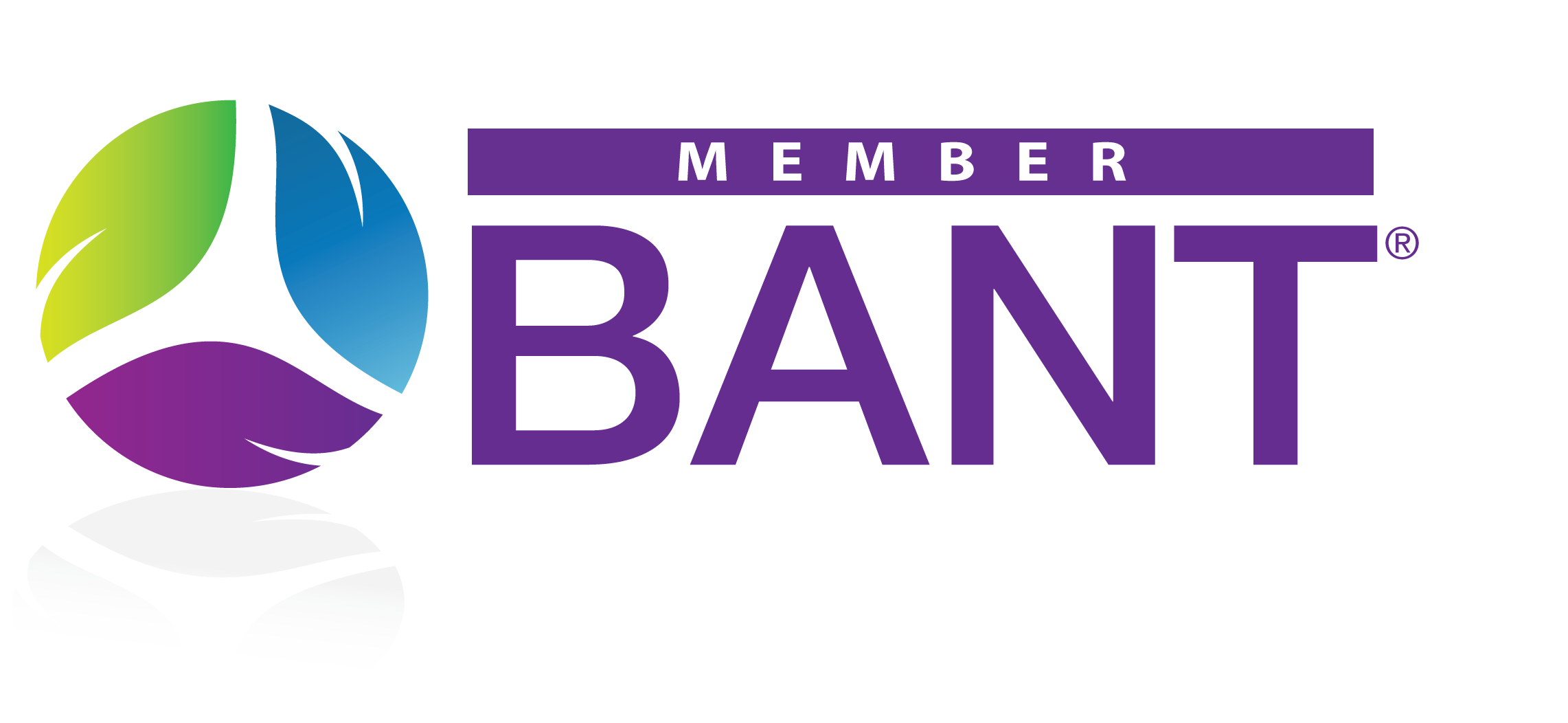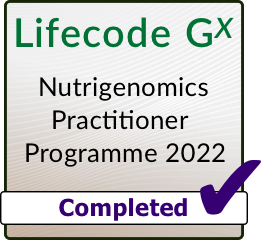
Published in: Families Thames Valley East, Issue 58, Jan/Feb 2012, pg 14
& Families Chiltern, Issue 53, Jan/Feb 2012, pg 10
It’s that time of year again… the excess of the festive season has landed with a thud and the ‘D’ word is looming. January is a time when the majority of people embark on a ‘diet’ or ‘detox’ that too often results in hunger, cravings and self-punishment. Of course, it can be motivating to lose weight and many diets will prove fruitful, at least in the short term. But here lies the problem. Diets are usually short term, non-sustainable and generally not enjoyable. So why do we do it?
Dieting is a damaging cycle which is negative in its principles. Diets are about rules, which involve counting or calculating to give control. Dieting rules tend to ignore the body’s needs and demand you to stick to the rules, which inevitably involve deprivation of forbidden foods. A lapse will follow next, leading to feelings of guilt, subsequent indulgence and an attempt to reinforce the rules. Essentially then, dieting is punishment for overeating and leads to feeling of failure…familiar?

Figure 1 – The Damaging Diet Cycle
Some of the common misconceptions of weight loss are that a) we must eat less fat and calories, b) we can’t change our metabolism and c) we must lower or cut out carbs.
We only have to look at obesity figures to see that the first point is false. Obesity is rising, however the amount of fat and calories we are consuming has declined. So what is going on? Well, the low fat revolution associated all dietary fat with weight gain. This means that we cut down on saturated and Trans or ‘bad’ fats, but also skimped on the ‘good’ or essential fats which are necessary for health. Your brain is approximately 70% fat, so whilst minimising consumption of saturated fats is a good idea, minimising all fats is not. Diets low in all types of fatshave been associated with increased risk of hormone abnormalities, cardiovascular disease, and decreased brain and immune function.
Metabolism is the way in which we turn food into energy or fat. It is partly inherited, but is mainly down to what we eat and how active we are. So, you can change the efficiency of your metabolism and your metabolic rate (how quickly you burn calories). Crash diets usually lower the metabolic rate, so we burn fewer calories and feel tired and sluggish (with no energy to exercise!). Exercise can raise it and keep it at a higher level for up to 15 hours! So, by changing the combinations of food we eat and by exercising we can reprogram ourselves to burn fat more rapidly.
Starvingthe body and skipping meals can cause fat storage and slow down our metabolism, so too few calories can bizarrely lead to weight gain. The body has not changed since prehistoric times, and it still responds to times of scarcity by storing every calorie it can spare as fat, to provide for the famine ahead. A more sensible approach is to eat a balanced calorie intake that is appropriate for your age, weight and activity levels from a range of nutrient dense foods.
Lastly, there is no need to avoid or restrict carbs to lose weight, providing that you are eating the right kind of carbs. Refined carbohydrates such as white rice, pasta and bread have little nutritional value and release glucose very quickly into the bloodstream. Managing blood sugar levels by eating wholegrain foods, lean protein, essential fats, fruit and vegetables is the key to healthy, sustainable weight loss. Eating the right foods at regular intervals throughout the day and NOT starving yourself is also important in managing cravings. Only 25% of cravings are down to will power, which is great news, as 75% can be managed by blood sugar regulation and inclusion of essential fats in the diet.
Calorie and fat obsessed diets often lead to failure. It is far more important to understand the principles behind healthy eating to achieve sustainable weight loss and informed eating. A nutritional therapist can advise you on the best way to achieve this.

Figure 2 – Informed Eating
Josie Wareing has a BSc in Nutritional Therapy and runs a clinic in Windsor. She offers nutrition programmes tailored to the individual and has a down to earth approach.


